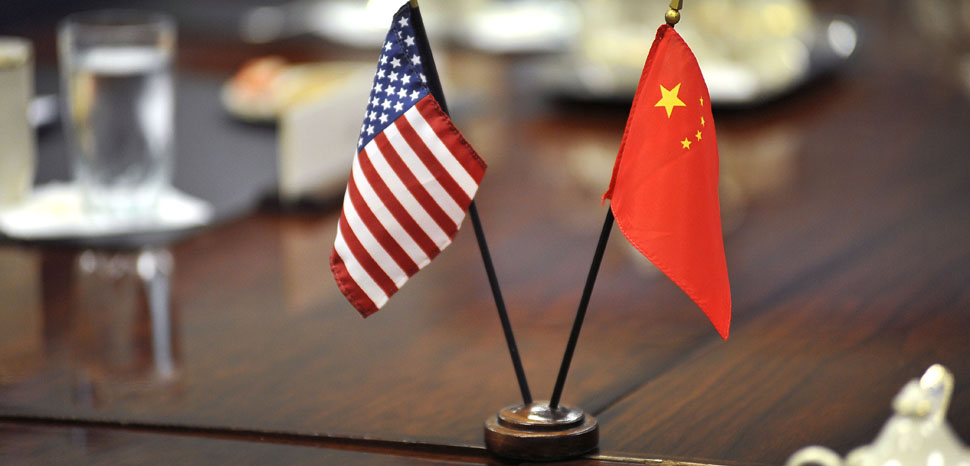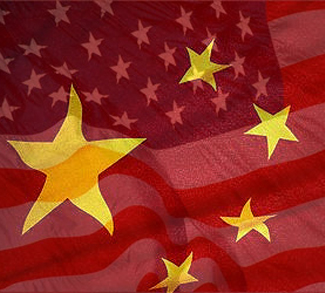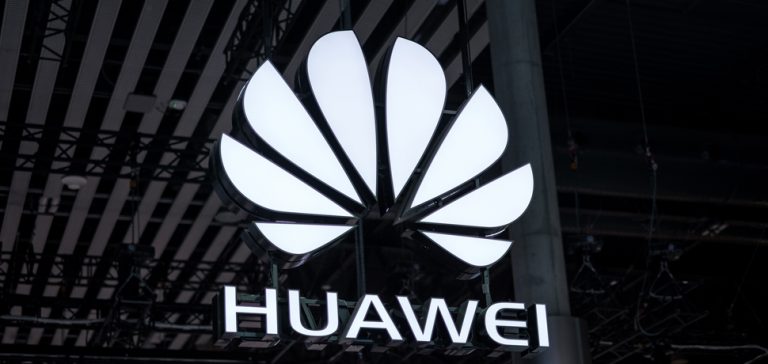America’s relationship with China has been straining for quite some time, and with the outbreak of COVID-19, tensions are reaching a boiling point. Some “China hawks,” like Senator Josh Hawley, are pointing to the pandemic as proof that it’s time to pursue the increasingly popular path of “decoupling” from the People’s Republic of China (PRC). The push to restructure global supply chains and reduce economic, trade, and investment ties with China is misguided for two reasons. First, in light of our severe economic downturn, the arguments for continued economic engagement with China are in fact stronger than ever. Second, the pandemic highlights the danger of the Chinese Communist Party (CCP), not of the Chinese people nor their power. We ought not decouple ourselves from China. The real decoupling that is needed is between the CCP and the PRC.
As those like the White House’s Peter Navarro advocate “bringing our supply chains and production home,” we ought to be very aware of the costs such “repatriation” would entail. As the global economy slides into a depression, is now really the time for the government to push American businesses to forsake China’s cheap labor and massive consumer markets? Is now—when so many Americans are living (government) paycheck to paycheck—really the time to boost the price of consumer goods by mandating that those goods be produced on more expensive American soil? We need to be more honest about the costs of economic nationalism vis-à-vis China going forward. We need to invest more in education and technical training here at home—to beef up our workforce to be more productive and competitive in the 21st century—not to retrench and incur additional, unaffordable economic costs.
Even before the pandemic, many leading China hands had begun to rethink the future of the U.S.-China relationship. The consensus view had long envisioned that increasing trade and investment ties with China would foster a Chinese embrace of liberal democracy. In other words, economic liberalization would beget political liberalization. That equation has not come to fruition yet. Especially as China has grown richer and Xi Jinping has tightened his authoritarian grip on power, the link between economic and political liberalization has frayed to the breaking point in the minds of many leading American thinkers and politicians.
But even as the CCP leverages artificial intelligence and grievance nationalism to legitimize and strengthen its rule, we must have confidence that the CCP cannot govern a nation of almost 1.4 billion human beings contrary to the dictates of human nature indefinitely. Humans are social beings naturally desirous of self-government. We want to live in groups, to have a say in the governance of our groups, and to have sufficient space to construct our own individual life projects all the while. That is why, despite all its challenges, constitutional liberal democracy is the optimal form of government. By constitutionally restraining the scope of government action, it provides space for individual self-government; by constitutionally empowering the people via democratic decision-making procedures, it makes self-government on the group level a reality. With liberal democracy, both the social and individual aspects of our self-governing human nature are satisfied. Thus, to borrow George Kennan’s phrasing: the “seeds of [the CCP’s] own decay” are already sown within the very nature of its illiberal regime. History is contingent, but human nature is not. So, when will the fall of the CCP come, and more importantly, how can we hasten it?
In light of the CCP’s extremely consequential covering up of the initial extent of the COVID-19 outbreak—not to mention its forced imprisonment of Uighurs in Xinjiang—it’s clear that the CCP’s fall cannot come soon enough. Economically weakening ourselves and the Chinese people is not the way to bring about that fall.
The great failing of the economic liberalization-political liberalization consensus is that we have not upheld our own commitment to human rights and liberal democracy. We should continue to trade with China—and yes, take them to the WTO to root out their rampant unfair trade practices—but we should do so with our values at top of mind. We need to rediscover our rhetoric of universal human rights and liberal democracy—rhetoric that has been weakened by the cheap talk of nationalism, the retreat of liberal democracy across the globe, and the haunting memory of the heady days of pre-Iraq war Bush administration rhetoric.
As we become a leading global advocate for liberal democracy once more, we need to think more creatively about how we might wage a peaceful, pro-human rights, pro-liberal democracy campaign in China. We should resolutely support the forces of democracy in Hong Kong (rather than abandoning Hong Kong), stand behind Taiwan, and unabashedly voice public support for the heroic, pro-democracy dissenters within the PRC.
But most of all, we need to convince the Chinese people that the path of liberal democracy is a path worth taking. The virus has sparked fears of social unrest among the leadership of the surprisingly weak and brittle CCP. We can enhance those fears and popular unrest by working with our allies to ensure that the world assigns blame for the pandemic’s spread to its rightful owner—the Chinese Communist Party and its initial cover-up of the spread. In these crucial days, the Trump administration and Congress need to work together to strategically push the narrative of the CCP’s COVID-19 guilt—i.e., the truth—on the global stage.
In addition to our messaging surrounding the virus, we should think more about pushing the message of liberal democracy to the Chinese people in creative, constructive ways. We cannot force liberal democracy on the Chinese people; we must convince them that they can harmonize liberal democratic ideals with their history and culture. This is a tall but worthy diplomatic task. In the meantime, we can immediately begin the work of destabilizing the CCP and swaying the Chinese people to the side of liberal democracy by heeding Kennan’s advice: The U.S. must impress upon the Chinese people that we are “a country which knows what it wants, which is coping successfully with the problems of its internal life and with the responsibilities of a World Power, and which has a spiritual vitality capable of holding its own among the major ideological currents of the time.”
We must hit the reset button at home. If we are to successfully foment the decoupling of the CCP and the PRC, we need to start living up to Kennan’s criteria for global leadership by figuring out how to better deal with our deep-seated domestic political disagreements.
If COVID-19 has proven anything, it’s not that retreat from the global stage will keep us safe; interconnectedness will be a fact of life from here on out. Rather than underscoring the virtues of retrenchment, COVID-19 has taught us that a smart, globally engaged, ideals-driven foreign policy will best advance American interests, liberal democracy, human rights, and public health. The task of the years to come is to heed that lesson. In doing so, we can bring about an eminently worthwhile form of decoupling: the severing of the People’s Republic of China from the rule of the Chinese Communist Party.
The views expressed in this article are those of the authors alone and do not necessarily reflect those of Geopoliticalmonitor.com or any institutions with which the authors are associated.




